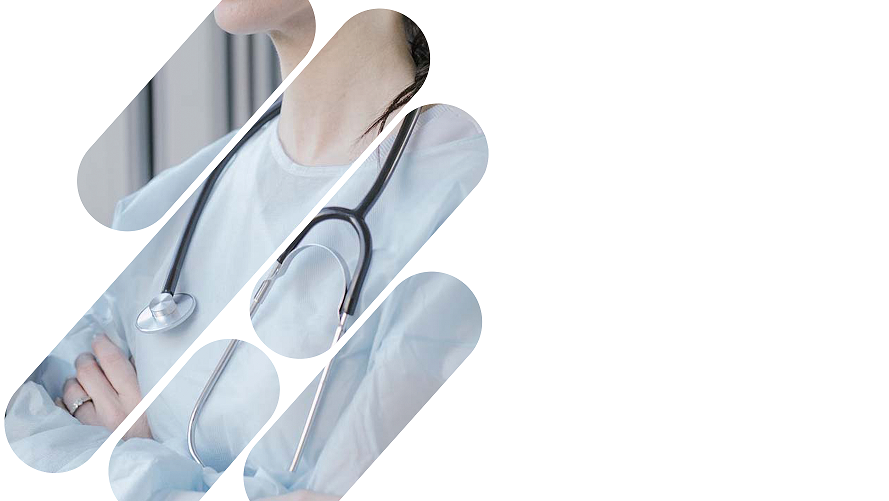- Road Accidents
- Work Accidents
- No Win No Fee
- Medical Negligence
- Habib Rahman Spire Healthcare Compensation
- Medical Negligence Claims
- Breast Surgeon Ian Paterson Claims
- Brain Injury Claims
- Statins Medication Error
- Sandwell & Birmingham POP Treatment
- Hernia Mesh Compensation
- Serious Injury Claims
- Spinal Injury Claims
- Leg Injury Claims
- Neck Injury Claims
- Burn Injury Claims
- Cauda Equina Syndrome
- Dental Negligence
- Contact
- Injury Claims
- More Info
- Claim Now
Call FREE from a Landline or Mobile on 0800 634 75 75

 A concertina collision occurs where a collision, usually from the rear, causes a vehicle to be pushed in to another one in front. This can subsequently involve several vehicles if the force is pushing one vehicle in to another which forces that one in to another, and so on. They are often known as a ‘pile-up‘ as vehicles can pile-up behind each other in a long collision.
A concertina collision occurs where a collision, usually from the rear, causes a vehicle to be pushed in to another one in front. This can subsequently involve several vehicles if the force is pushing one vehicle in to another which forces that one in to another, and so on. They are often known as a ‘pile-up‘ as vehicles can pile-up behind each other in a long collision. Employers are responsible for their employee’s health and safety whist in the work place. Employer’s liability insurance is therefore required by most employers, so that they can insure against liability for injury and disease which has been caused in the work place.
Employers are responsible for their employee’s health and safety whist in the work place. Employer’s liability insurance is therefore required by most employers, so that they can insure against liability for injury and disease which has been caused in the work place. Whiplash is common, amounting for 76% of all bodily injury claims in the UK. Whiplash is caused by a sudden impact or stop, which damages the tendons and ligaments in the neck, back, and shoulders. Whiplash can be caused by a sudden blow to the head or by head and shoulders suddenly being jolted forward. Whiplash is commonly suffered after Road traffic accidents.
Whiplash is common, amounting for 76% of all bodily injury claims in the UK. Whiplash is caused by a sudden impact or stop, which damages the tendons and ligaments in the neck, back, and shoulders. Whiplash can be caused by a sudden blow to the head or by head and shoulders suddenly being jolted forward. Whiplash is commonly suffered after Road traffic accidents. The Consumer Protection Act 1987 was brought in to help customers who have suffered death, injury or damage to their property from a defect in a product. An important aspect of the Act is that it makes producers strictly liable for their defective products which have caused harm. This means that to make a claim you do not have to prove that the manufacturer acted negligently.
The Consumer Protection Act 1987 was brought in to help customers who have suffered death, injury or damage to their property from a defect in a product. An important aspect of the Act is that it makes producers strictly liable for their defective products which have caused harm. This means that to make a claim you do not have to prove that the manufacturer acted negligently. Slips and trips at work, especially in storerooms, are fairly common. A lot of places lack the procedures that ensure tidiness in the workplace to ensure that clutter does not end up causing a slipping or tripping hazard to any employees.
Slips and trips at work, especially in storerooms, are fairly common. A lot of places lack the procedures that ensure tidiness in the workplace to ensure that clutter does not end up causing a slipping or tripping hazard to any employees. Accidents can commonly happen in supermarkets, with
Accidents can commonly happen in supermarkets, with  When the government introduces regulations they can appear to be excessive in scope or “over the top“. However, they provide a minimum standard of health and safety which both you and your employer should follow.
When the government introduces regulations they can appear to be excessive in scope or “over the top“. However, they provide a minimum standard of health and safety which both you and your employer should follow. By definition, an occupier in common situations could be the owners of a shop, or supermarket, or restaurant etc.
By definition, an occupier in common situations could be the owners of a shop, or supermarket, or restaurant etc. It’s common for people to feel a little anxious about
It’s common for people to feel a little anxious about  The Work at Height Regulations 2005 made special provisions for working on ladders.
The Work at Height Regulations 2005 made special provisions for working on ladders.









